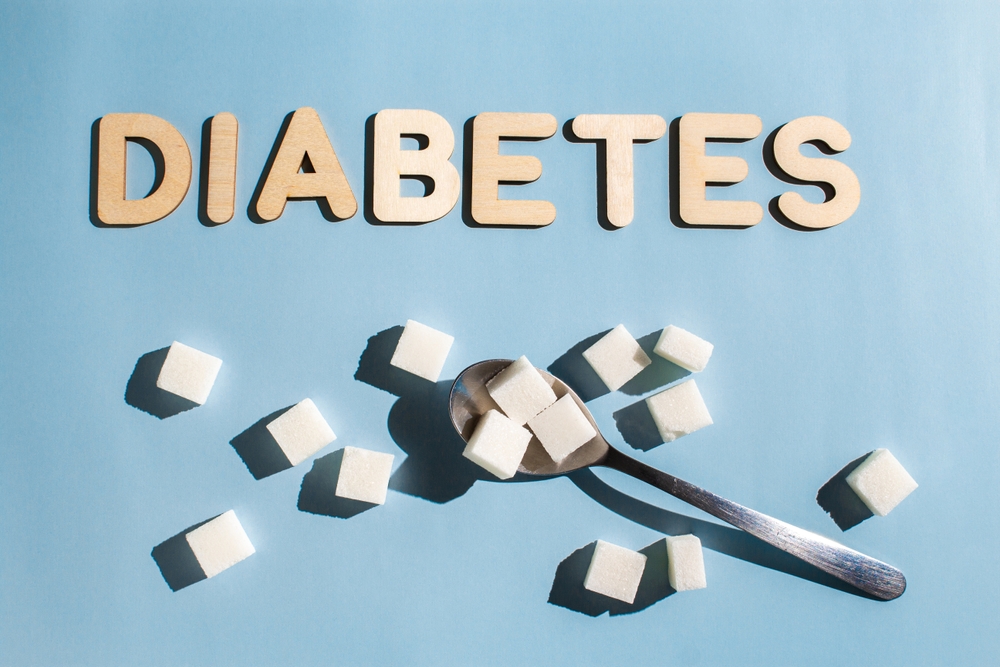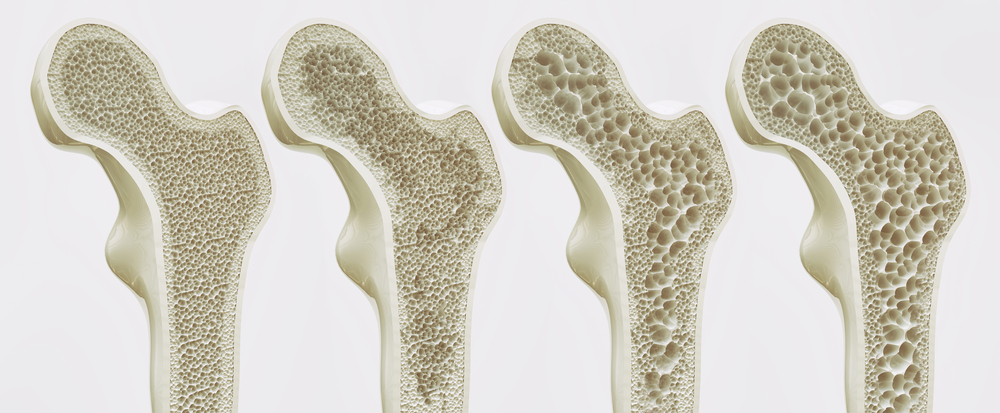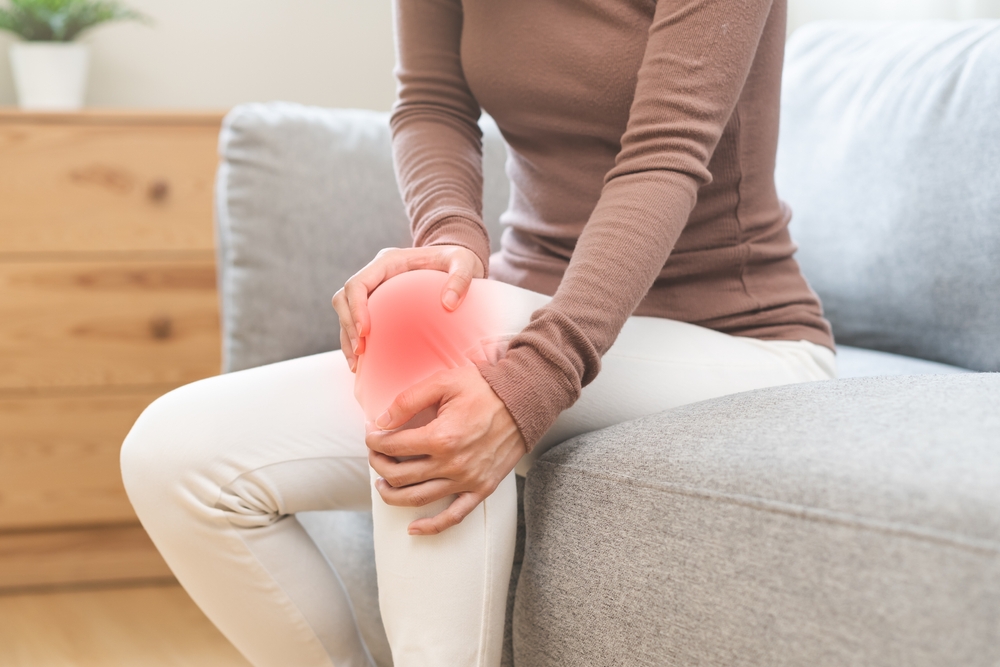Seniors are more vulnerable to Vitamin D deficiency before they get less sunlight, Vitamin D synthesis becomes less efficient as we age, and the capacity of kidneys to convert Vitamin D into its most active form decreases.
According to the Centers for Disease Control and Prevention, 16% of seniors are affected by osteoporosis, which is a condition that makes the bones weak and brittle. Bones may become so brittle that falling, bending over, or even coughing can cause a fracture.
Research has found that lower Vitamin D levels have been associated with depressive symptoms later in life, especially among women. In this study, most of the participants with mental health concerns had lower Vitamin D levels.
Adequate Vitamin D consumption has also been shown to decrease the likelihood of contracting oral health diseases such as tooth loss and tooth decay. Since the body needs Vitamin D to absorb calcium, seniors with a low level of Vitamin D consumption would be at a higher risk for gum disease because the mouth would experience calcium deficiency.
Vitamin D intake can be increased with supplements or consuming foods that are high in Vitamin D. Examples include red meat, oily fish such as salmon and herring, and egg yolks. The Boom Health app is your one-stop app for your care needs. It allows you to book and manage all your in-home care needs. Check out the app on the App Store or Google Play Store today!
This article is not intended to be a substitute for professional medical advice or diagnosis. Always seek the advice of your physician or other qualified health provider with any questions you may have regarding a medical condition.





